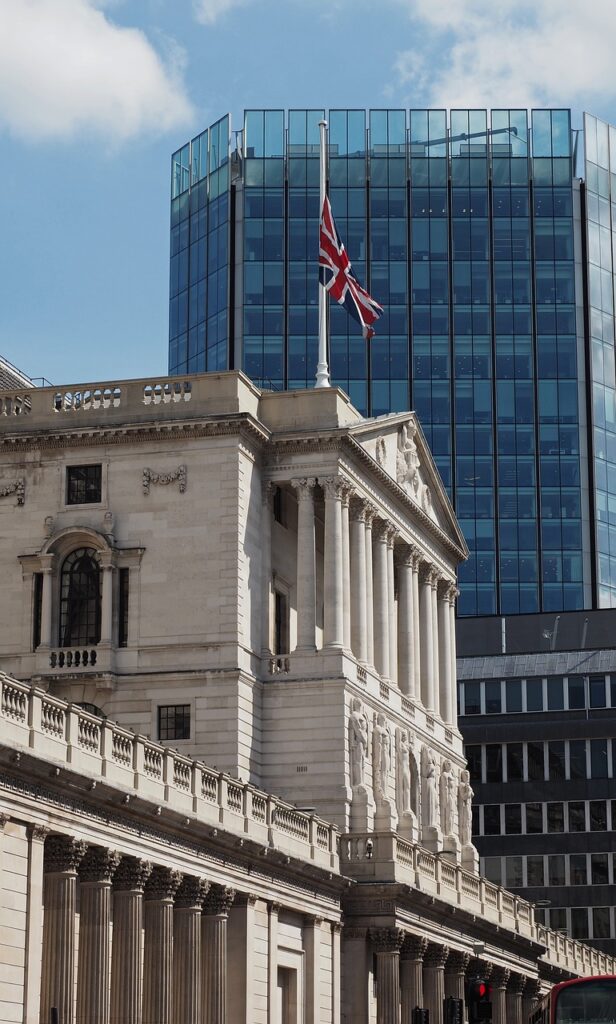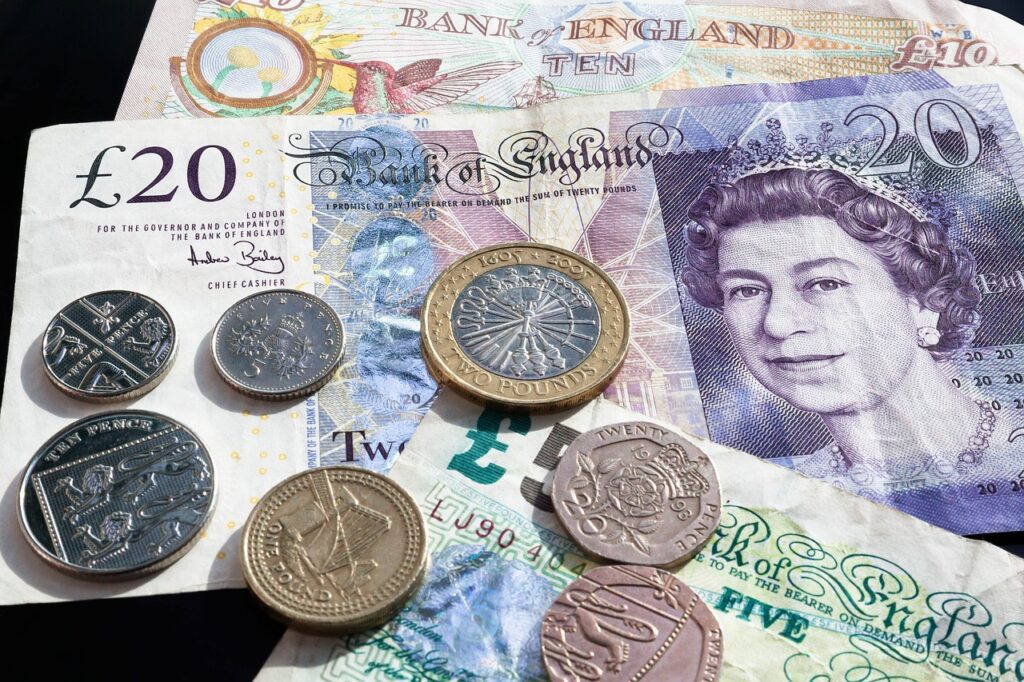The Bank of England’s interest rate hike: How it will impact your finances

You might be aware that the Bank of England has made a bold move: raising the UK’s base rate to 5%, a level unseen since 2008. This decision might seem a bit technical, but it directly impacts your pocketbook. The increase is designed to tame the persistent inflation, which stubbornly stuck at 8.7% in May. While this strategy may sound prudent in economic terms, let’s break down what it might mean for you.
When the Bank raises interest rates, it’s essentially making borrowing more expensive to slow down spending. You might think twice about that big purchase, or perhaps decide to put a bit more money in your savings account. In theory, when people spend less, prices should go down, and inflation should start to go down as well.
If you’re one of the nearly two million mortgage holders on tracker rates, you’ve likely seen your monthly bills increase consistently every six weeks since December 2021. If your mortgage is a tracker, Standard Variable Rate (SVR), or a variable one, brace yourself for immediate changes every time the base rate changes.
With the bank rate’s surge from 4.75% to 5%, if you’re on a typical tracker mortgage, you’ll be facing about £47 more per month, while standard variable rate mortgages will see a £30 increase. If we step back and compare to the pre-December 2021 era, you’re looking at paying approximately an extra £441 a month if you have a tracker mortgage, and £282 if you have a variable rate mortgage.

If you’re on a fixed mortgage, you can breathe easy for now. Your payments won’t change during the term of your fixed deal. But bear in mind, once that deal ends, you’re likely to find yourself confronted with a heftier monthly payment.
What about your hard-earned savings? Well, a rate rise should mean higher interest on your savings accounts. However, many banks have been rather slow to pass these increases on to savers like you. This could mean that, despite your diligent saving, your money is losing value in real terms due to the current high inflation rate.
Credit card rates are variable but are not typically linked directly to the base rate, so they won’t necessarily increase right away. However, if you’re planning on taking out a new loan after a rate increase, be prepared for potentially higher advertised rates.
All in all, these changes can significantly impact your personal finances. It’s crucial to stay informed and make careful decisions to navigate through these economically challenging times.
Published on June 24, 2023



